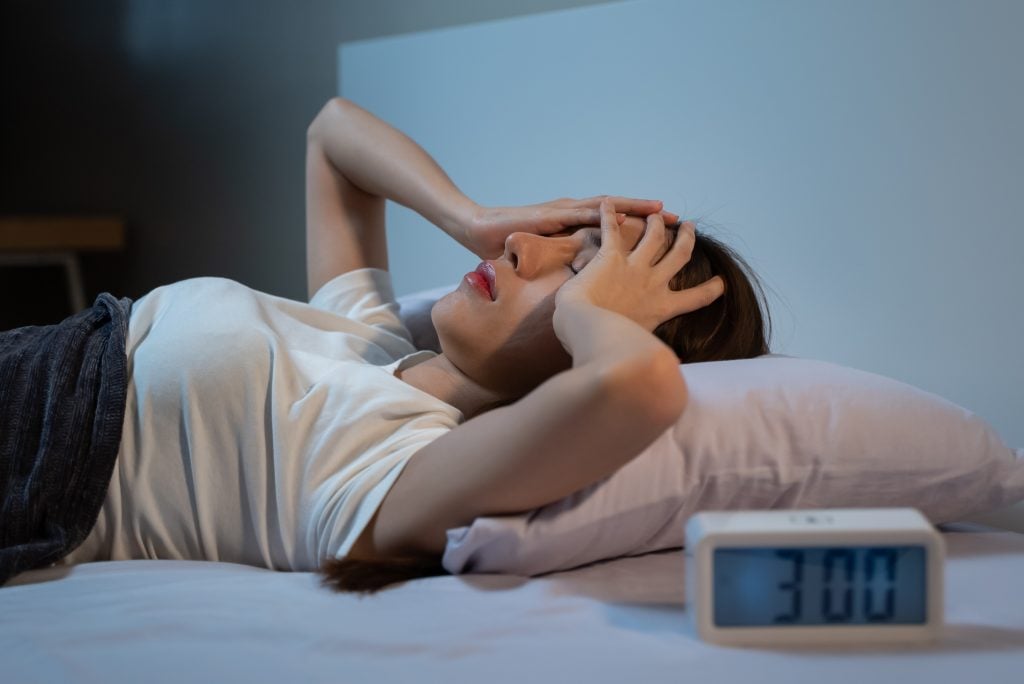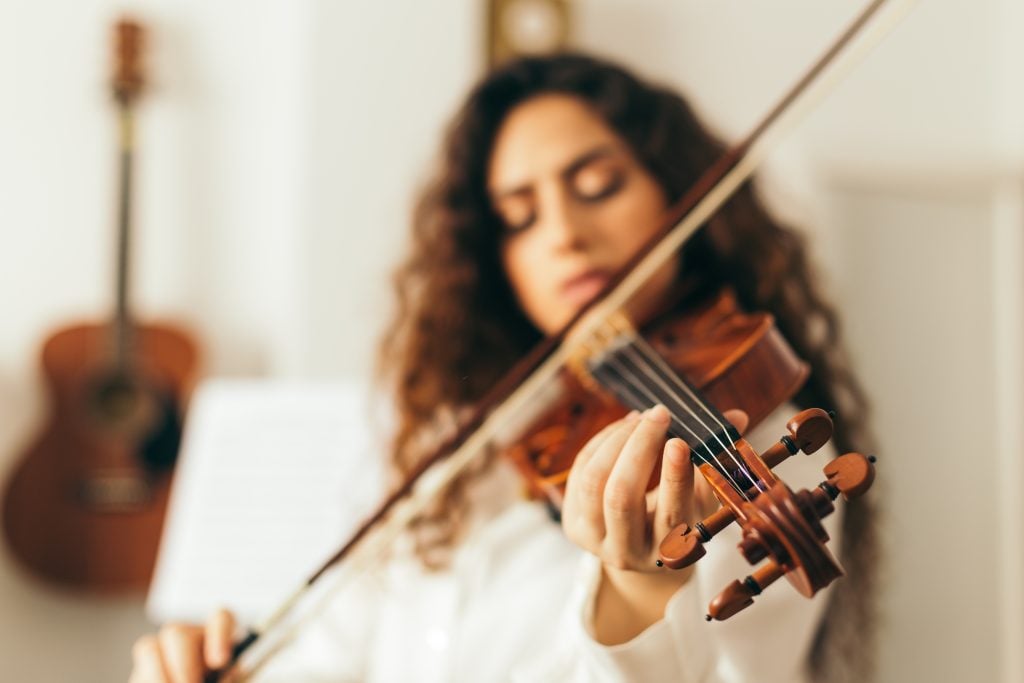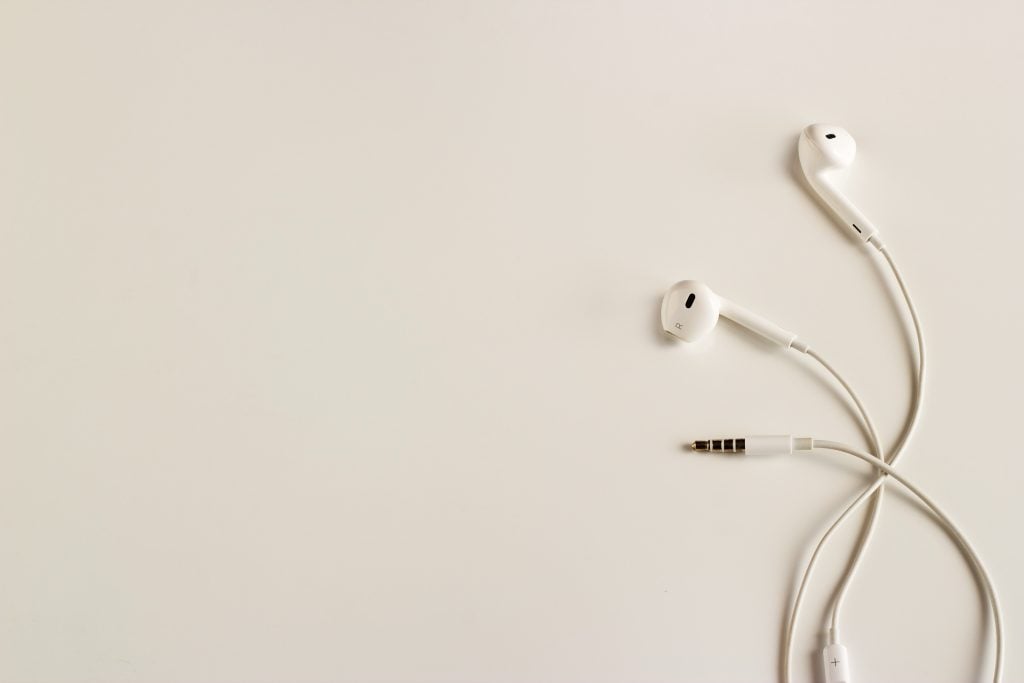The painstaking process of clock-watching or scrolling through your phone when you know full well that you should be fast asleep is far from ideal. During these times, you’ll do just about anything to help you drift off, and we often find that people struggling to fall asleep will switch their attention to music in the hope of some much-needed shut-eye. However, does listening to music actually help you dose off? Our blog explores the relationship between music and sleep in greater detail.

The short answer is yes. By all means, if it works for you, then put a playlist on. The Sleep Foundation surveyed the impact of music on sleep and reported that it took participants 27 to 69 minutes to fall asleep before adding music to their evening routine. In contrast, after adding music, it only took 6 to 13 minutes. Therefore, it’s evident that music promotes sleep for certain people, that much is clear. However, this isn’t to say it’ll work for you. As a general rule of thumb, it should take you anywhere between 15-20 minutes to fall asleep on a typical night, which is a good barometer of how long you should try listening to music to aid your sleep.
However, you should consider the genre of your playlist and the likely impact this will have on your efforts to fall asleep. For instance, heavy metal or rap music will likely leave you more alert or ‘hyped-up’ than you previously were. Research suggests that music between ‘60 to 80 BPMs (beats per minute)’ is the most beneficial for aiding sleep as this type of music ‘closely matches our resting heart rate and therefore is soothing on a biological level.’

When listening to music for a prolonged period, such as in bed, we advise listening out loud instead of with headphones as this runs the risk of strangulation, whilst any noise-cancelling headphones pose a safety risk as it’ll be harder to identify potential danger. The other notable reason we advise against sleeping with headphones in is that earbuds can lock moisture into your ear canal, which ‘can cause bacteria to grow and lead to external ear infections over prolonged periods.’ Similarly, too frequent exposure to music via headphones may cause permanent damage to the ears and result in deafness.

When it comes to sleep-related difficulties, often it’s more beneficial to be proactive rather than reactive. By this, we mean identifying why you’re struggling to sleep instead of reacting to the problem if and when it occurs. With this in mind, we recommend the first port of call should be to assess the suitability of your mattress. If your mattress is worn or incompatible with your sleeping preferences, we suggest upgrading your sleeping solution. Fortunately, our extensive range of mattresses prides itself on quality and affordability, whilst incentives such as free-next-working day delivery and our 60-night sleep trial ensure a better night’s rest is within easy reach. It’s not a case of one-size-fits-all, with different sleeping positions requiring different mattress tensions. Similarly, whether you’re a hot or cold sleeper should determine which mattress you settle on. If you’d like further insights into which mattress best suits you, check out our help and advice page for valuable insights.